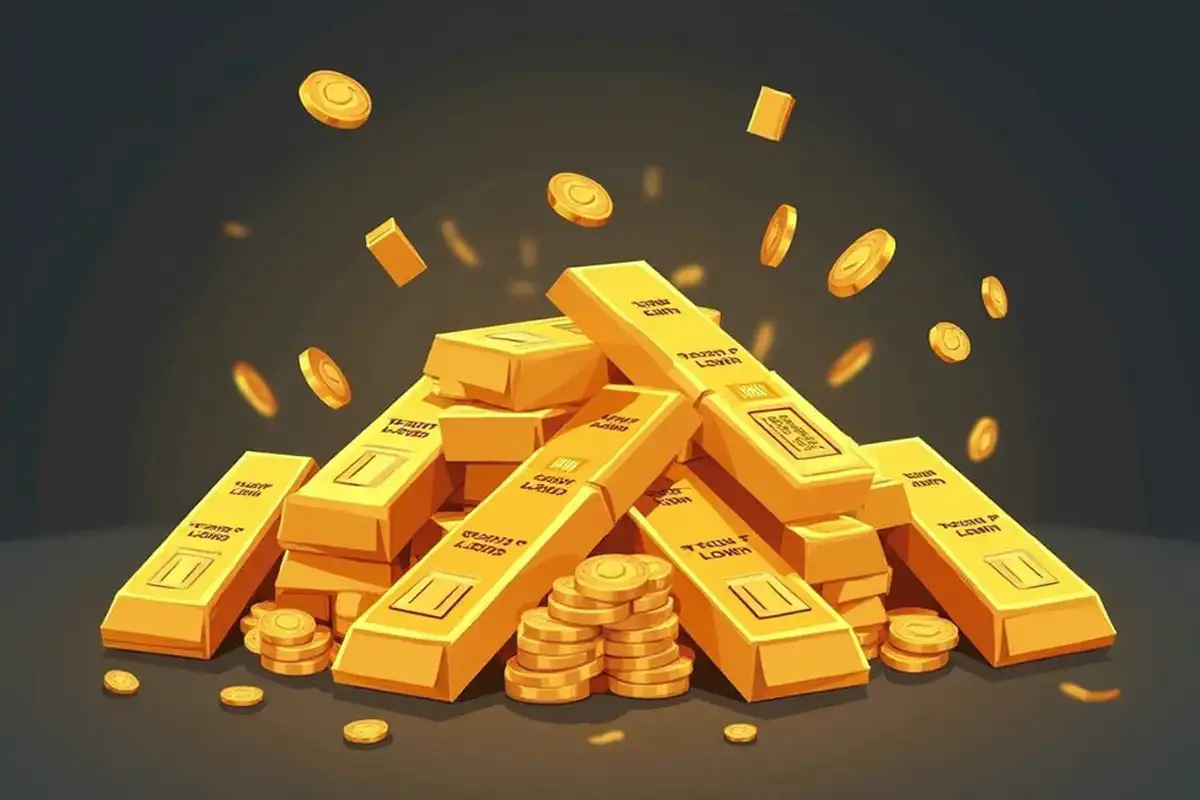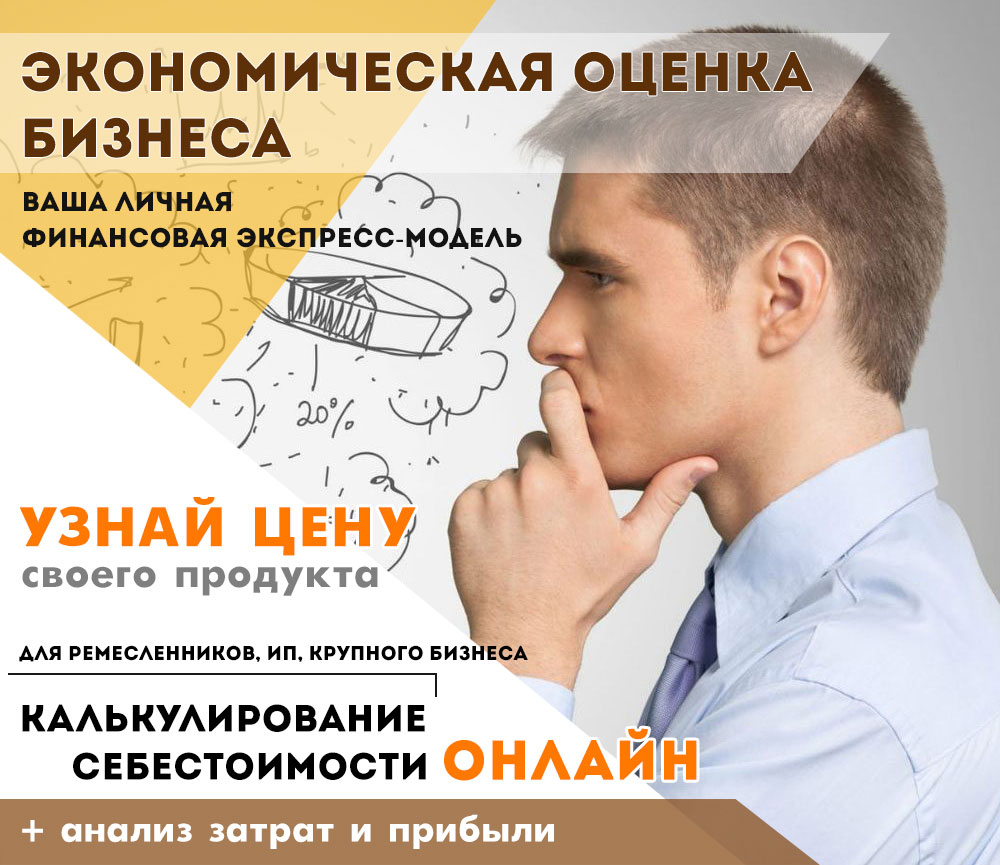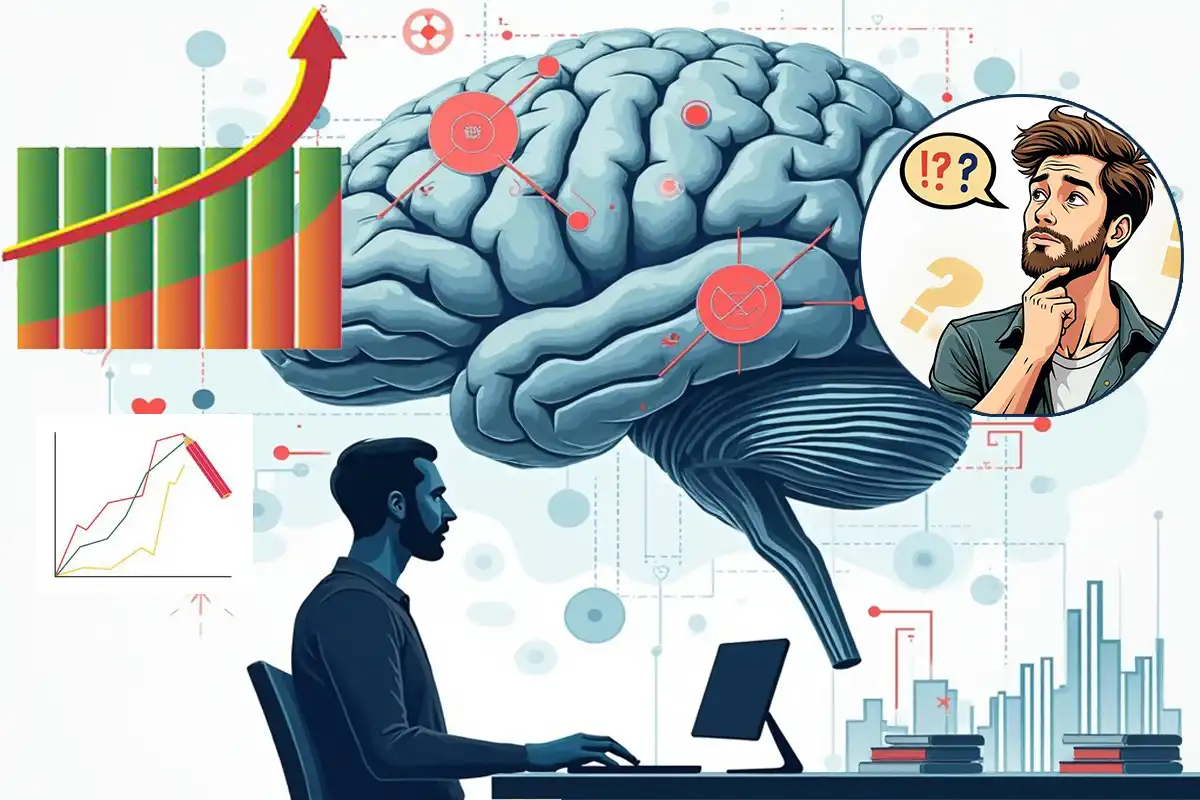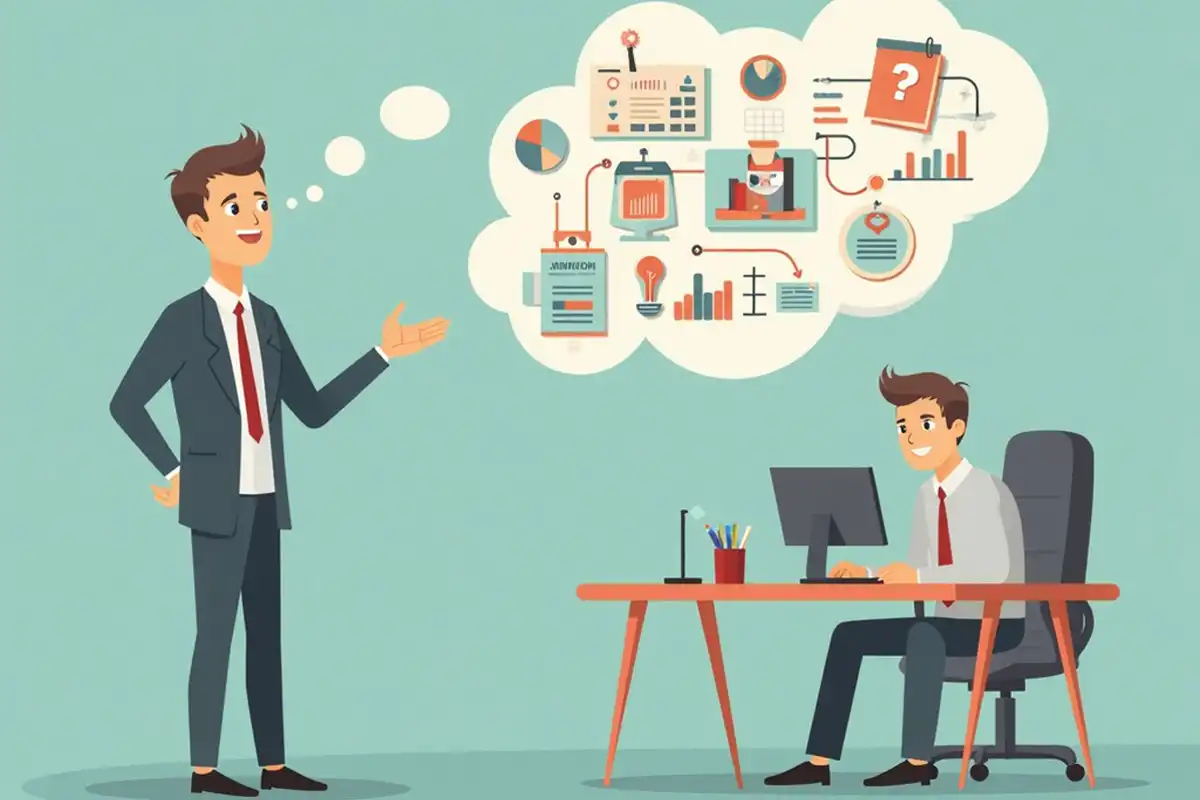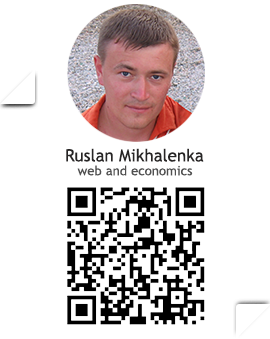I was thinking about how the economy is working now, and decided to share it with you.
The classical scheme of the economy is money, Commodity, Money.
When there is more money than goods in the system, everyone starts to go into the commodity, without returning monetary liquidity back to reproduction. But not in the product that fills the shelves everywhere, but in that one! Here's the question: which one exactly?
Out of habit, in risk-free assets: precious metals (gold, silver, platinum, etc.), which guarantee the safety of invested funds over time.
And why, for example, not in oil, electricity, water, fertilizers, timber and other resources?
That is, the Money-Commodity-Money scheme is breaking down. And it turns out that the demand for everyday goods is falling, because the money is going into "risk-free".
And why is this happening? Yes, because it becomes economically unprofitable to invest in the Money Commodity scheme.
High rates, administrative regulation of prices (prohibitions on their growth when they should grow in these conditions), support for unprofitable industries is carried out solely at the expense of the state.But the state is not made of rubber to play according to such a scheme.
And production is the basis for replenishing the budget, the salaries of those who work in it, and those of state employees.
Everything seems to be clear here.
The question is, why exactly in such conditions does everyone prefer precious metals more than, for example, the same oil or timber, which are also raw materials?
4 reasons
1 - Liquidity and divisibility
The precious metal can be stored, divided, transported, and sold without losing its properties.Oil, timber, fertilizers require storage, transportation, safety conditions, and specialized markets. In other words, these are hardly liquid physical assets.It is easier for an investor to buy 1 kg of gold than 100 barrels of oil that need to be stored somewhere.
But how can this be, if it is now possible to buy and sell it in the form of tokenized assets?The token solves the issue of liquidity and convenience, but does not eliminate the fundamental economic risks of the asset itself.
Example:
You buy a token for oil (or water, or wood).
- This token still depends on the infrastructure (warehouses, exchanges, transport).
- Its price depends on regulation, demand, quotas, ecology, and political decisions.
- If the supply is disrupted, demand drops, and a crisis occurs, the token loses value, even if technically you can trade it.
That is: a token is not an asset, but a form of asset ownership. And the risks come from the asset itself.
2 - No storage costs and spoilage
- Metals do not deteriorate, do not require logistics, and do not depend on climate or sanctions.
- Oil, gas, and grain have a shelf life, are subject to fluctuations in demand, and regulation.
3 - Neutrality and independence from the state
- Gold is outside politics, it is a non-economic form of money.
- Any resources (oil, timber, electricity) are tied to government regulation, taxes, licenses, and infrastructure.
That is, by buying them, the investor does not avoid risks - he only changes their shape.
4 - Psychological and historical factor
- For centuries, gold has served as the last form of capital in times of crisis.
- People trust him not out of rational calculation, but out of collective historical experience.
- This is "insurance against the end of the system."
And here follows another logical question:
if everything is more or less clear in comparison with natural material resources,
then why is there not the same active investor interest in digital to crypto assets?
Why does big capital still choose gold over BTC and other valuable crypto assets?
The main point is that at some point this accumulation (the purchase of precious metals and other assets) will stop anyway.
Ultimately, it is necessary to revive the economy and restore the scheme and balance Money, Commodity, Money.
Imagine a situation: an investor has accumulated metal, but no money. And what's next?
Yes, metal is the main raw material component for the reproduction of a large number of material goods for humans,
but it does not contribute to the reproduction of what is essential for humans themselves - food, clothing, pleasure.
I would like to draw your attention specifically to pleasure, which plays a special role in today's value system.
This is the virtuality system in which a person is used to living - to perceive information and be served through it.
That's exactly what will give impetus to the fact that not only precious metals, but also digital crypto assets, which will be able to provide this essence for humanity, will become a priority for the same investors.




